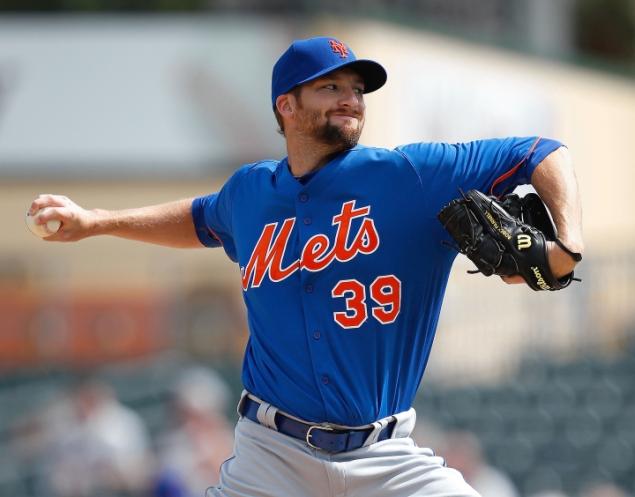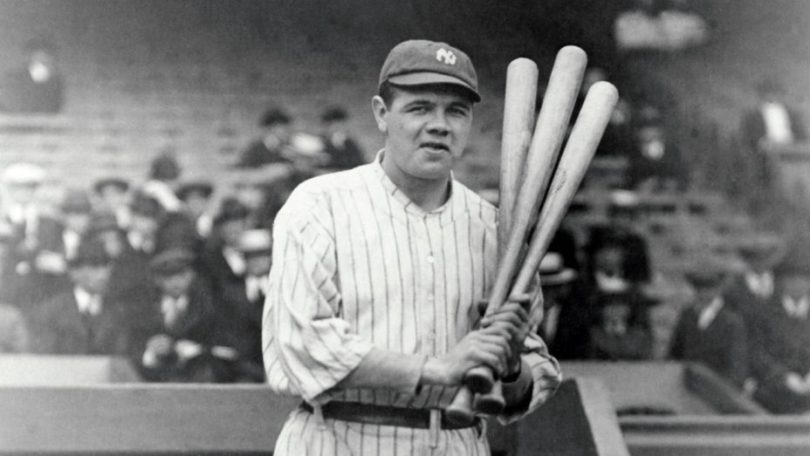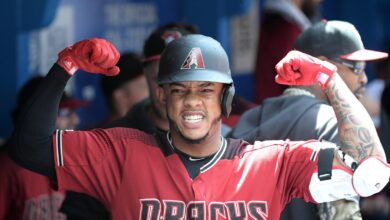

Just when you thought it was safe to watch the ninth inning without your hands wrapped around your face, some people are suggesting the New York Mets should trade Bobby Parnell. This would be a terrible idea.
After several years of ups and downs and cultivation, Bobby Parnell has evolved into a true closer. He used to be a “when in trouble, throw harder” fireballer, a one-trick pony who threw surprisingly hittable 98 mph fastballs that ran out of the park by themselves when guys made square contact. Now he throws in the mid 90s with movement — and moreover, he can execute his secondary pitches under duress. He now gets strikeouts with his sinker and groundouts with his sinker, splitter and curveball, and most importantly, he’s no longer especially predictable.
Why would the Mets want to give away a closer they spent several years developing into the real thing? Have people forgotten how hard it is to find a reliable closer who wants the job and wants the ball even after tough outings and has top-notch closer stuff?
What really gets me is the fact that for many years, people laughed at the Mets for carrying the bloated contracts of failed gambles like Bobby Bonilla and Jason Bay. “Why don’t we develop minor-league talent?” people asked; “we need to cultivate guys for the future and not just chase superstars,” people said. So, the Mets do just that: take a young flamethrower with a triple-digit arm, stick with him and work on him until he’s a solid major-league closer who can pitch his way out of trouble.
And now people want to sell him. For Carlos Gonzalez? Gonzo’s an elite player, and he also has a daunting array of injuries for a high-impact player whose game is predicated on speed. In two years, if he’s missing 60 games a season while Parnell is getting 25-40 saves a season, those same folks will be howling again. If the Mets want to land a big name, they shouldn’t give up an emerging closer with lots of years in front of him. They should use guys like Parnell to entice big talent to want to play here.
Furthermore, one of the keys to baseball success — especially in the postseason, which is what the Mets should be building for — is shortening games. Ask Yankee fans how nice it was, effectively playing eight-inning games for a few seasons during their core group’s most dominant years. Ask AL East teams what it was like to feel as if the last inning was mostly out of the question when you were down a run or two to the Yankees in the late 90s. Here’s where the retort will be about how Mariano Rivera is the best closer in history, and Bobby Parnell is no Mariano Rivera.
Well, Mariano Rivera was no Mariano Rivera at first, until he became Mariano Rivera. Despite the claims of many, closers are not interchangeable, nor are they a dime a dozen. Just because closing can be variable, and closers are subject to up and down years, doesn’t mean that having a good one is meaningless — or that keeping a good young one around is pointless.
Closing, by definition, is a position with a relatively slim margin of error. Of course they’re variable. Of course their success will fluctuate, even that of the good ones. But if you don’t properly appreciate having to cross your fingers just a little bit, instead of always waiting for the game-tying home run or catastrophic meltdown, close your eyes and think back to the days of Armando Benitez. Or ask Cubs fans about Carlos Marmol.
A good closer is a necessary ingredient of a genuine postseason contender. So is homegrown talent. In Bobby Parnell, the Mets have both in the same player. Giving that away would be crazy.





